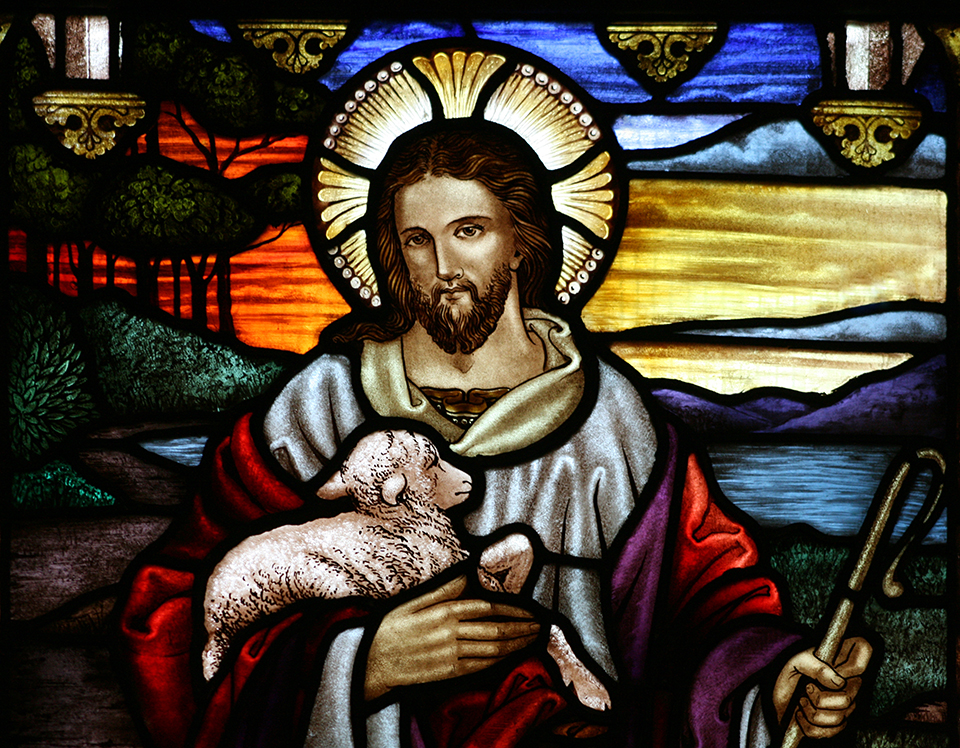Christians have a moral obligation to speak the truth and live a life of integrity. A life of integrity includes the courage to challenge structures of power, no matter who they are. To live with conviction, students must be willing to learn how to live a life of both love and righteous indignation. Too often, I hear my fellow peers say they are unwilling to listen to stories of oppression because they do not want to be temporarily saddened by someone’s misfortune. A life of conviction requires us to have our faith tempered by the flames of righteous indignation and the loving nature of compassion.
Learn how to die in order to learn how to live
“To talk about what it means to be human,” according to Cornel West, “is to learn how to die in order to learn how to live.” West, a public intellectual and academic, often comments about the life of conviction and integrity. As Christians, we are responsible for learning about the hardships of other people in the world. Too often, I hear my peers prefer to stay neutral or silent about conflicts happening around the world in order to avoid conflict or criticism. This is unacceptable. Dietrich Bonhoeffer’s life and legacy reminds us of the myth of neutrality in conflicts between the oppressed and the oppressor. “Silence in the face of evil,” according to Bonhoeffer, “is evil itself: God will not hold us guiltless. Not to speak is to speak. Not to act is to act.”
Bonhoeffer was killed by the Nazi regime for his staunch opposition to it and his involvement in the Confessing Church. Brazilian philosopher Paulo Freire also dismantles the myth of neutrality in his book, “The Politics of Education: Culture, Power, and Liberation.” According to Freire, “Washing one’s hands of the conflict between the powerful and the powerless means to side with the powerful, not to be neutral.” Both Bonhoeffer and Freire reminds us of the moral obligation to be the good Samaritan. Love your God and your neighbors with all your heart.
Love requires sacrifice
Our neighbors are the Syrian refugees escaping war and destruction; the Rohingya people, whose displacement has caused a major migration crisis in Southeast Asia in 2012; and the Yezidis escaping the violence imposed by ISIS.
This righteous indignation against injustice is rooted in our love for humanity. Love requires sacrifice, and sometimes even suffering. I am not asking my fellow peers to martyr themselves like Bonhoeffer; I am asking them to emulate his convictions. According to writer Chris Hedges, “Love is not selflessness. It is the giving of one’s best self, giving one’s highest self unto the world. It is finding true selfhood. Selflessness is martyrdom, dying for a cause. Selfhood is living for a cause. It is choosing to create good in the world. To love another as one loves oneself is to love the universal self that unites us all.”
Living a life of conviction is not easy, but it must be done. Of course, we can wait, but our neighbors cannot.







